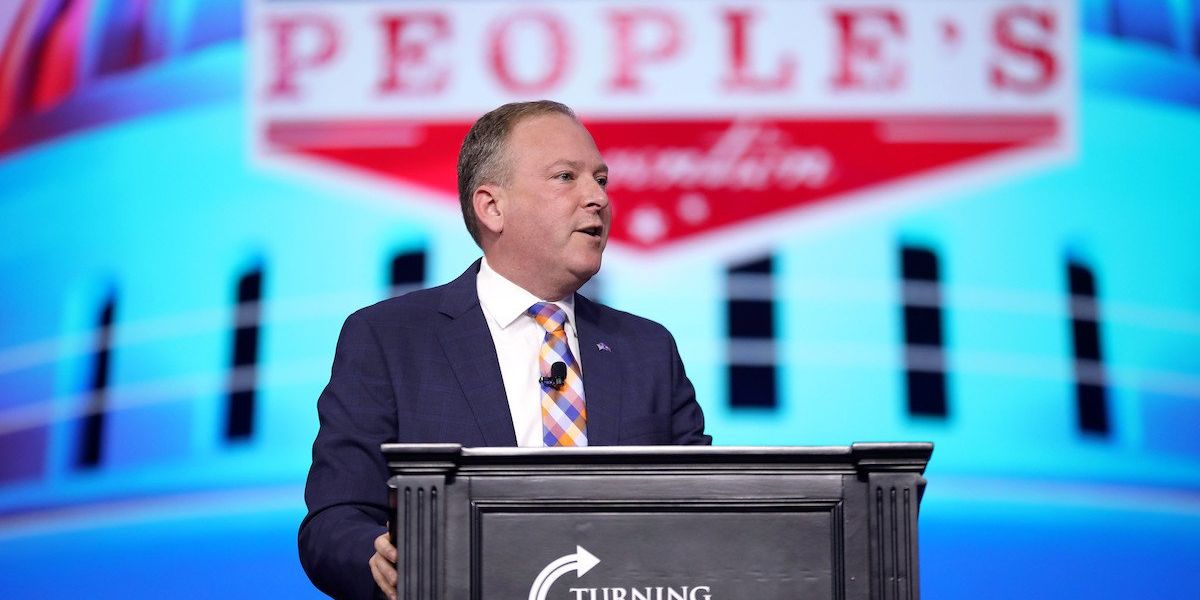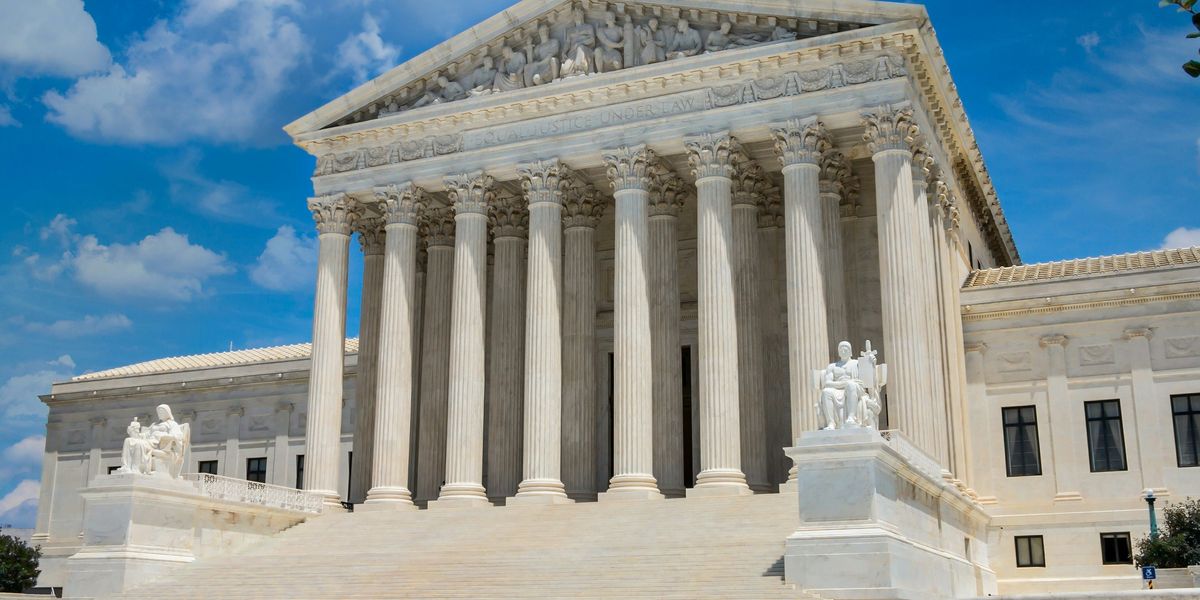racial
A new leader at WildEarth Guardians ties environmentalism to fighting racism
In a recent interview, Hop Hopkins, the newly appointed executive director of WildEarth Guardians, discusses his holistic approach to environmental conservation, emphasizing the interconnectedness of racial justice and environmental sustainability.
In short:
- Hop Hopkins emphasizes the need for an intersectional approach in conservation, rejecting the separation of human and wild environments.
- He points out that environmental degradation and racial injustice are fueled by the same systems of extraction and disposability.
- Hopkins advocates for community-engaged strategies to transition workers from extractive industries to sustainable livelihoods without harm.
Key quote:
"You can't have climate change without sacrifice zones, and you can't have sacrifice zones without disposable people, and you can't have disposable people without racism."
— Hop Hopkins, executive director of WildEarth Guardians
Why this matters:
Research shows that in the United States, Black, Hispanic and other communities of color are more likely to live near polluting industries and have less access to clean air and water. This is not just an issue of proximity to hazardous sites but also involves systemic inequalities in housing, healthcare and employment.
Citing racial disparities and rising gas rates, Illinois groups call for building electrification
‘As scientists, we have yet to close the racial disparities’
The voices rising up in protest across America against police brutality and systemic racism have been clear: Black lives matter. Now scientists are bringing that cry to their labs and research centers.















